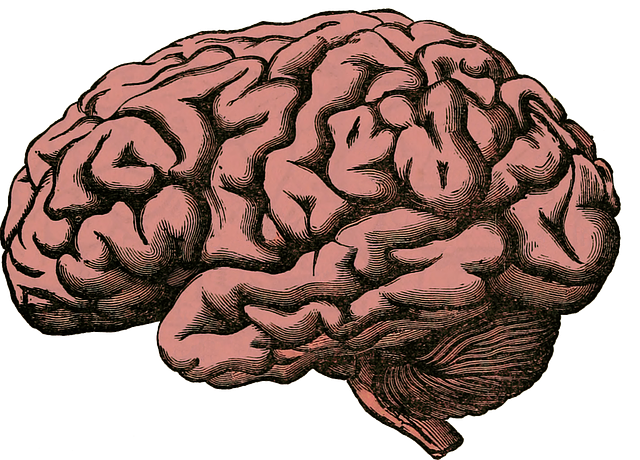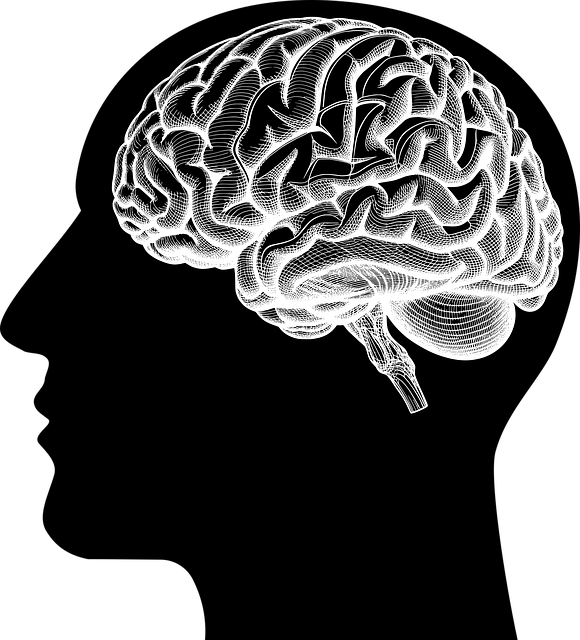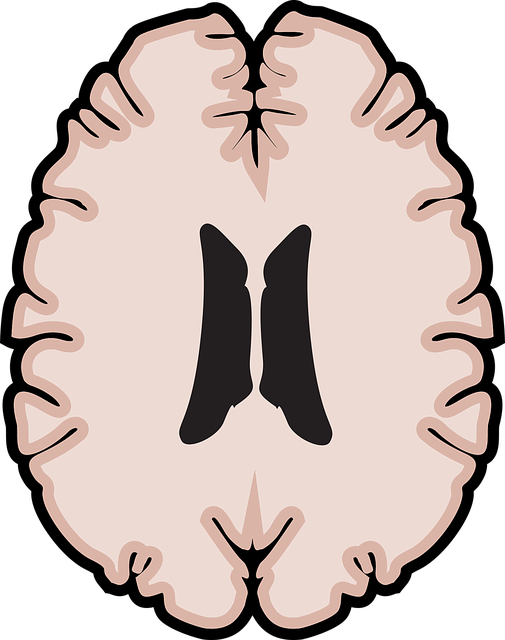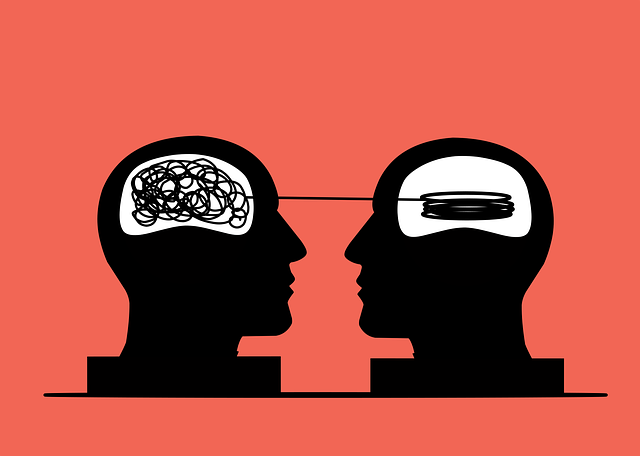Littleton Major Life Transitions Therapy provides support for individuals navigating emotional turmoil caused by significant life changes, such as graduation or loss. Therapists create safe spaces for clients to express feelings and develop adaptive coping skills through effective communication strategies. This holistic approach includes mindfulness practices, self-care routines, and mental wellness journaling, fostering personal growth and enhanced mental health while building resilience to manage stress and anxiety.
Coping skills development is a vital process, especially during major life transitions. In this article, we explore how understanding and navigating these changes can significantly impact our well-being. We delve into the role of therapy in fostering resilience and provide practical strategies for building effective coping skills. By examining Littleton Major Life Transitions Therapy, readers gain insights into managing challenges and cultivating a more balanced life. Discover actionable steps to enhance your coping abilities and embrace change with strength.
- Understanding Major Life Transitions and Their Impact
- The Role of Therapy in Coping Skills Development
- Practical Strategies for Building Resilient Coping Skills
Understanding Major Life Transitions and Their Impact

Major life transitions can significantly impact our emotional well-being and mental wellness. These pivotal moments, such as graduating from college, starting a new job, or experiencing the loss of a loved one, often bring about a mix of excitement and anxiety. The way we navigate these transitions plays a crucial role in our long-term happiness and resilience. Many individuals struggle to cope with the inherent changes, leading to feelings of uncertainty, stress, and even depression.
In Littleton Major Life Transitions Therapy, professionals help clients understand these emotional healing processes by providing a safe space for expression and guidance. Through effective communication strategies, therapists support individuals in processing their experiences, building adaptive coping skills, and fostering mental wellness during and after challenging life changes.
The Role of Therapy in Coping Skills Development

Therapy plays a pivotal role in coping skills development, especially during significant life transitions. In Littleton Major Life Transitions Therapy sessions, individuals gain tools to navigate challenges and foster resilience. The therapeutic environment provides safe space for exploring emotions, processing experiences, and learning healthy coping strategies. Therapists offer tailored guidance on self-care routines and mental wellness journaling exercises to promote reflection and emotional regulation. By integrating Cultural Sensitivity in Mental Healthcare Practice, therapists ensure that coping skills are culturally relevant, enhancing their effectiveness. This holistic approach addresses not just the symptoms but also the underlying needs, leading to profound personal growth and improved overall mental health. Additionally, therapists assist clients in developing personalized self-care routines, further strengthening their ability to cope effectively with life’s complexities.
Practical Strategies for Building Resilient Coping Skills

Building resilient coping skills is an essential aspect of navigating life’s challenges and major life transitions, as highlighted by Littleton Major Life Transitions Therapy. One effective strategy involves cultivating mindfulness practices such as meditation and deep breathing exercises. These techniques empower individuals to stay grounded in the present moment, reducing anxiety and promoting emotional regulation. By integrating mindfulness into daily routines, people can enhance their ability to cope with stress and difficult emotions.
Additionally, seeking support from peers, family, or a healthcare provider is vital for mental health awareness. Engaging in open conversations about feelings and experiences allows individuals to gain different perspectives and valuable coping mechanisms. Healthcare Provider Cultural Competency Training plays a significant role here, ensuring professionals offer tailored assistance that respects individual backgrounds and needs, thereby facilitating effective anxiety relief and overall well-being.
Coping skills development is a multifaceted process that involves understanding major life transitions, leveraging therapy as a powerful tool, and adopting practical strategies. By navigating these aspects, individuals in Littleton can build resilience, fostering a healthier and more fulfilling life. Whether facing significant changes or everyday challenges, the techniques outlined here offer a roadmap to enhance coping mechanisms and overall well-being.













